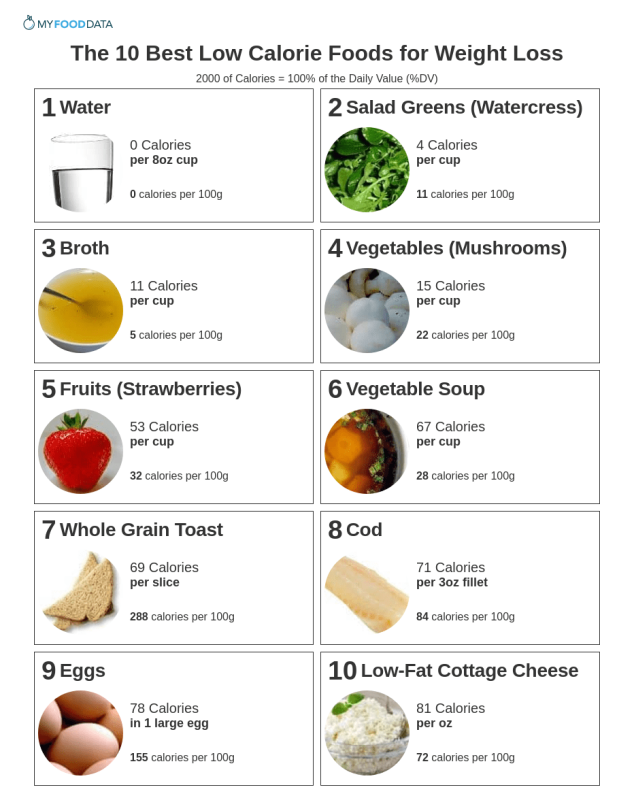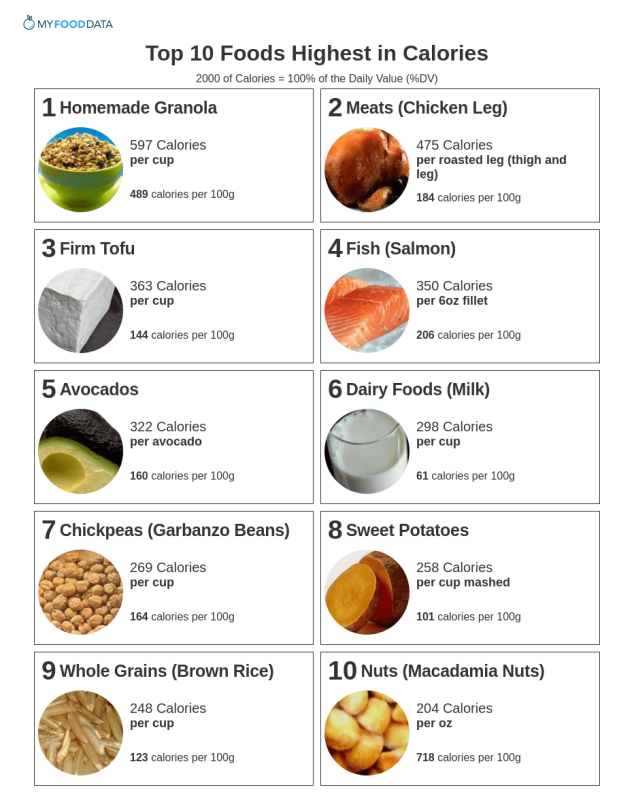Nutritionist
A nutritionist, or dietitian, is someone who is educated in the field of nutrition and diet and has a professional license. These people usually work in hospitals, nursing homes, schools, sports facilities, research centers, or as independent consultants.
Duties of nutritionist
Nutritionists can work in different fields, but their main tasks are:
– Preparation and adjustment of food plans and special diets for people with special needs (such as diabetics, kidney patients, athletes, or people who want to lose or gain weight).
– Providing advice for people who are looking for a healthy and balanced diet.
– Assessing individual nutritional needs and providing appropriate recommendations.
– Teaching and providing scientific information about nutrition to the community.
Education and qualifications
To become a nutritionist, you must complete an undergraduate degree in nutrition or a related field, and you may need to complete additional training. In some countries, a dietitian must obtain official certification from an authorized professional organization. This certification demonstrates that a person has the skills and knowledge to provide safe and effective nutritional counseling.
The difference between a nutritionist and a nutritionist
Dietitian and nutrition consultant are two different roles, although the differences may vary depending on local professional rules and regulations. In general, a nutritionist has a higher level of education and qualifications than a nutritionist and can give advice in complex and specific areas of nutrition.


